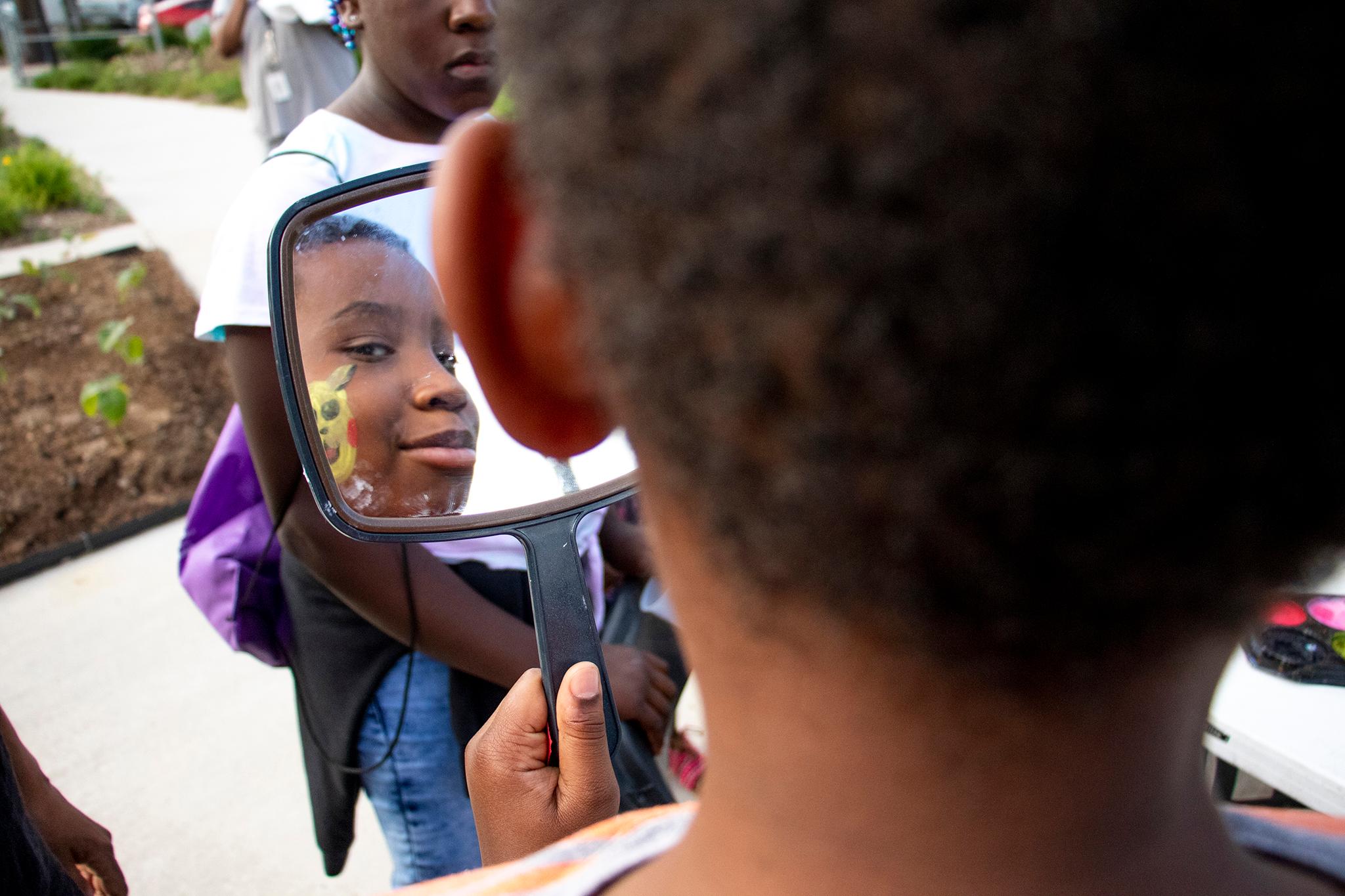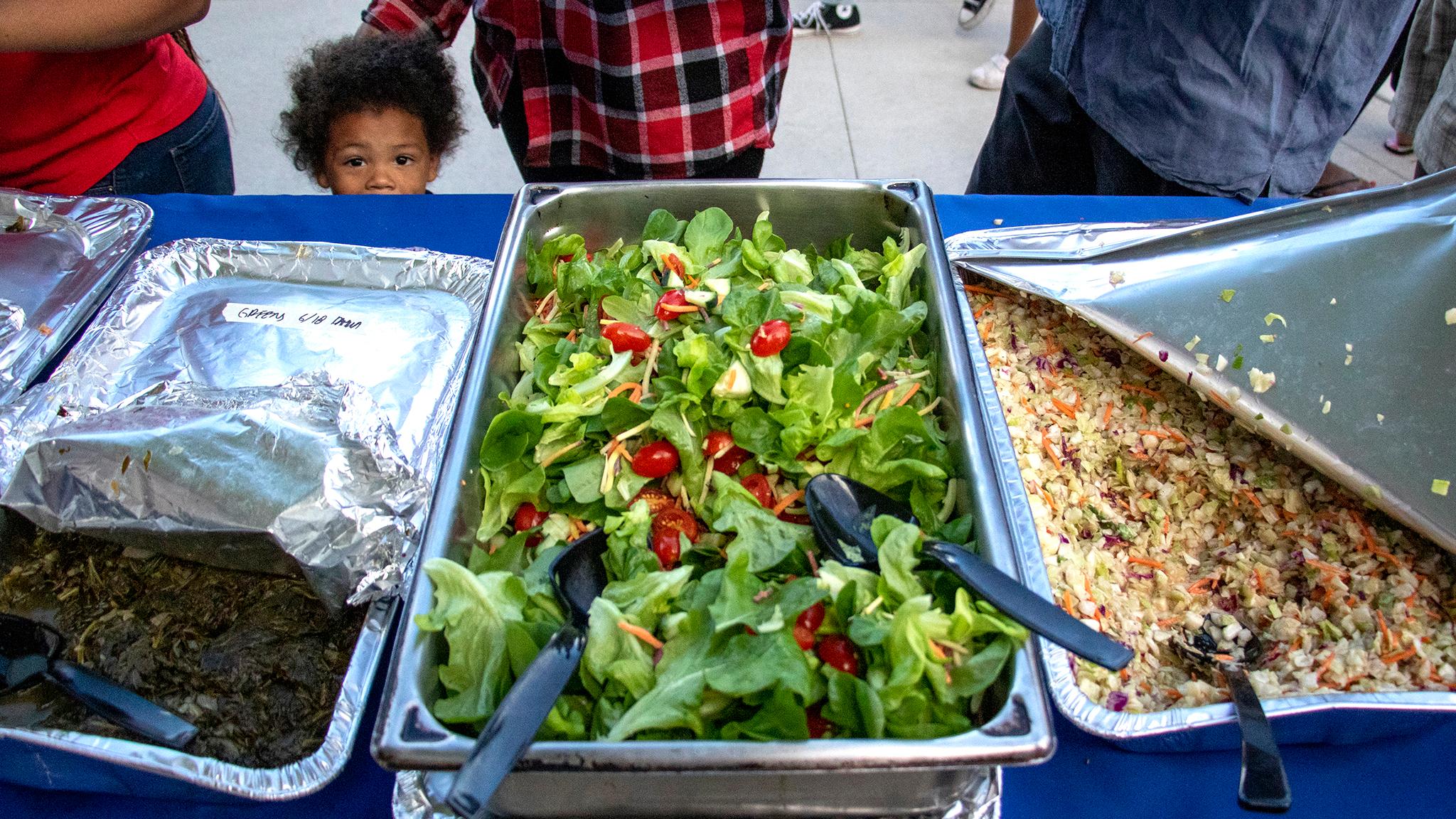Food was adventure for four-month-old Senna Lopez, who tried fresh-squeezed orange juice -- reacting with a gentle smile -- at the Dahlia Campus for Health & Well-Being's annual fish fry.
Food was new acquaintances for Jan Garduno, who lives near the airport but comes regularly for yoga classes and other activities at the Northeast Park Hill facility of the Mental Health Center of Denver. She sat down with three strangers Wednesday evening to dig into fish that just a day earlier had been swimming in the tanks in the Dahlia campus's aquaponics greenhouse.
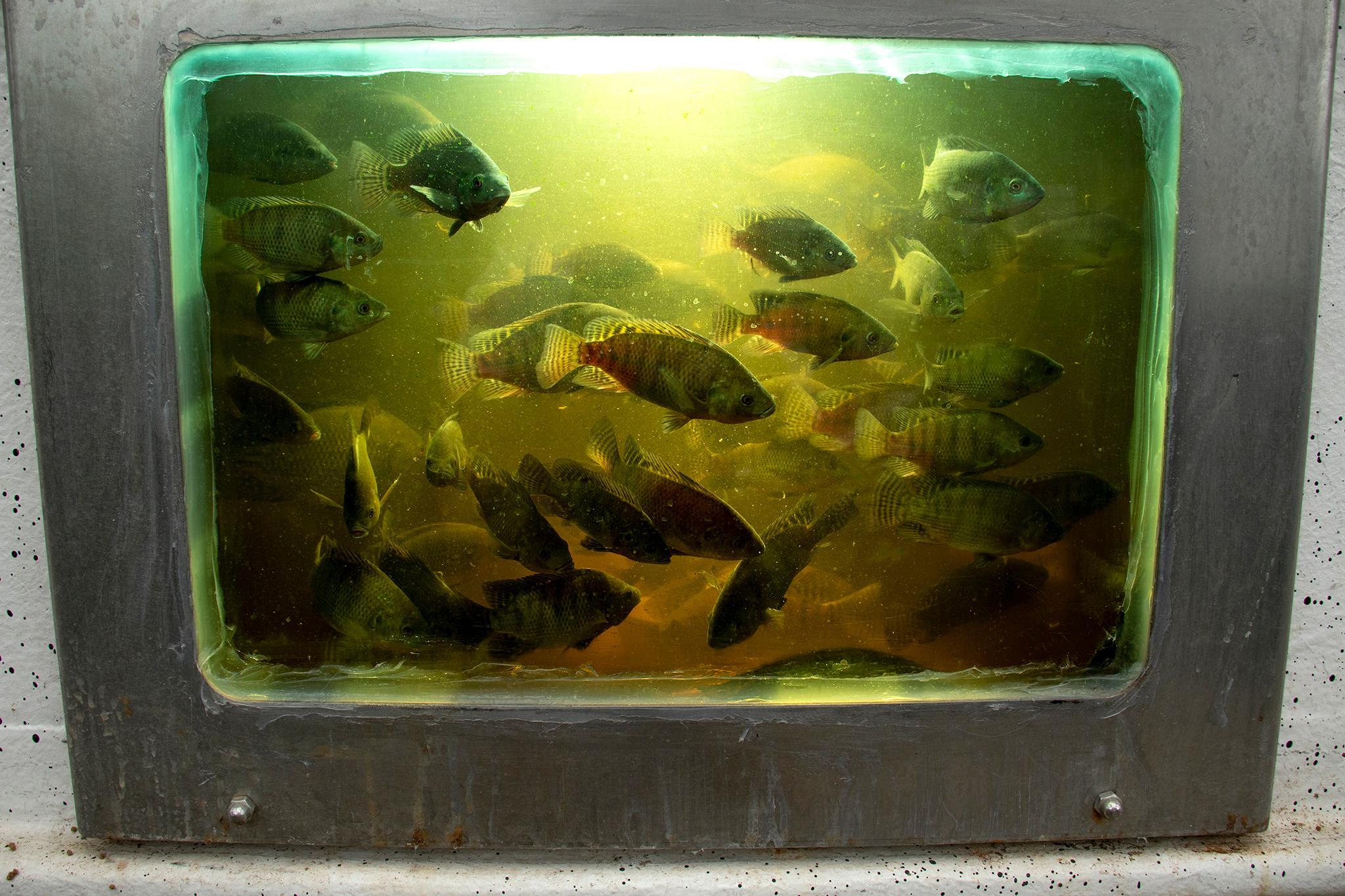
Food was connection for members of Denver's agricultural activist community, such as Donna Garnett, a leader of the FreshLo initiative to bring a community space that includes a grocery story to Montbello, who shepherded her grandchildren to the Dahlia gathering. And Beverly Grant, whose Mo' Betta Green MarketPlace brings farmers markets to the city's food deserts and who was ensuring kids didn't trample on the tiny plants in a thoughtful garden she tends on the Dahlia grounds.
And for everyone, food was health and healing.
"You know, the founder of this place, she convinced everybody that eating healthy is good for your brain and good for your mental health. And it's so true," said Matina Soutsos, a Dahlia volunteer gardener.
By "founder," Soutsos meant Lydia Prado, who was vice president of child and family services at the Mental Health Center of Denver when it decided it needed a new outpost. Northeast Park Hill seemed like a good spot, because many of the center's clients were from the area. But the community was reluctant, in part because of stigma around mental health.
Prado, who now works as a consultant for the Mental Health Center of Denver, set out to discover what the community wanted on a plot that had been a point of pride for African-Americans in Denver. Dahlia Square shopping center was once the largest black-owned shopping center in the U.S. It fell into disrepair and was eventually razed.
"You can't go into a neighborhood and have that 'white savior mentality,'" said Darcie Ezell, who worked with Prado in the planning stages for the Dahlia campus and now is based there as community engagement specialist for the Mental Health Center of Denver.
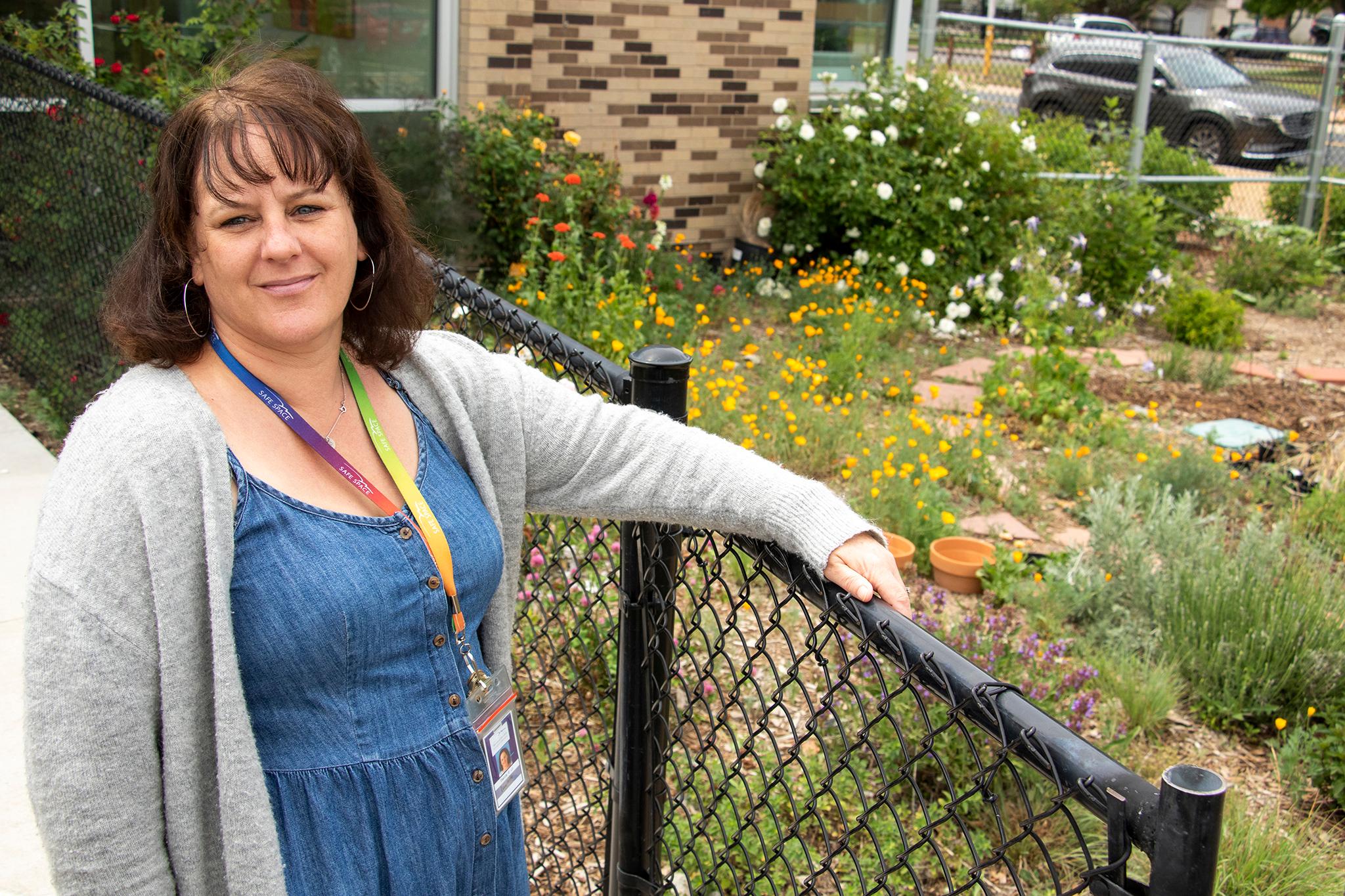
The center bought the property near the corner of Dahlia and Bruce Randolph in 2013. For the next two years Prado and Ezell talked with neighbors about what should be built there. Access to fresh food came up again and again in a neighborhood that lost shopping choices with the decline of Dahlia Square and later the destruction in an arson fire of nearby Holly Square.
"The first thing that came up with barriers to wellness was food," Ezell said.
The mental health center team found the neighborhood already had people working on food issues.
"Before we knew it, we had kind of a farm council," Ezell said.
The Dahlia campus, which opened in early 2016, has gardens and a one-acre outdoor farm. In the aquaponics greenhouse, water is recirculated from fish tanks through the vegetable beds, giving the plants the nutrients from fish waste on which to thrive and filtering the water to keep the fish healthy. Vegetables and fish from the greenhouse reach the tables of neighbors.
The annual fish fry formally kicks off Dahlia's farmers market, one of its many community services.
Some 300 pounds of fish were served to about 500 people Wednesday.
The farmers markets, including one Wednesday, accept Supplemental Nutrition Assistance Program and the Double Up Colorado Food Bucks that allow SNAP recipients to buy even fruits and vegetables. The farmers market is held weekly from June until October. Dahlia also has a food pantry; a year-round, CSA-style produce box program; and a teaching kitchen.
Other ideas from the neighbors have been realized on the campus. The kitchen, community rooms and gym are booked with Garduno's yoga classes as well as sessions for salsa, tai chi, gardening, walking for seniors. Also Kwanzaa celebrations and RNO meetings. A church holds Sunday services in the gym. Ezell said one Dahlia staff member spends much of the day scheduling the community spaces.
The nonprofit Kids in Need of Dentistry, or KIND, runs a dental clinic at Dahlia. Ezell said that in learning about the community, she and Prado found that mouth pain was a major reason children were missing school.
The Sewall Child Development Center has a preschool at Dahlia that serves for the most part kids from the neighborhood. Skyline Academy has space at Dahlia where it provides mental health treatment and educational services to children who might not be successful in a traditional school.
And Dahlia of course has a clinical wing, with wide windows looking out on the gardens. Across Denver, the mental health center provided treatment, prevention and crisis services to more than 20,000 people last year.
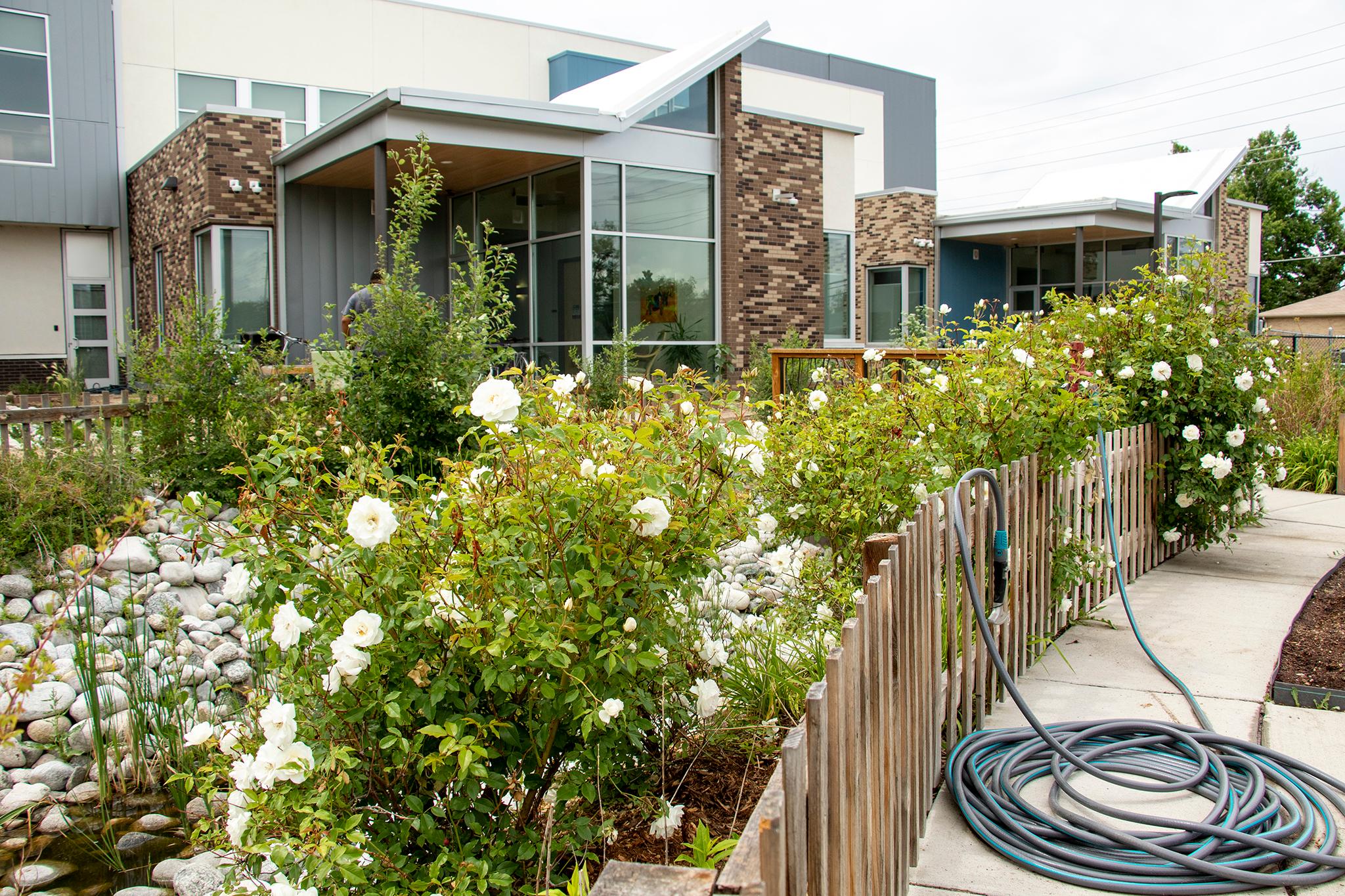
With so much going on on Dahlia's campus, clients who worry about stigma can come for an appointment with a therapist without worrying that someone might guess they are seeking help. It also means people attending a cooking or yoga class might consider taking advantage of other kinds of support.
"It's kind of a mental health center attached to a community center," Ezell said.
It's a place where the setting contributes to the well-being goals. Students at the two schools spend time in the gardens.
Garnett, of Montbello's FreshLo initiative, co-founded The Urban Farm at Stapleton and founded Children's Farms of America, a nonprofit that works with Dahlia and helps neighborhoods across Denver establish small farms where children can learn about food from seed to market.
"Even the youngest children will tell you it's peaceful to work in the garden," Garnett said as a face-painter decorated her grandchildren at a stall set up for the fish fry. "It just gives you a centered feeling to have your hands in the soil."
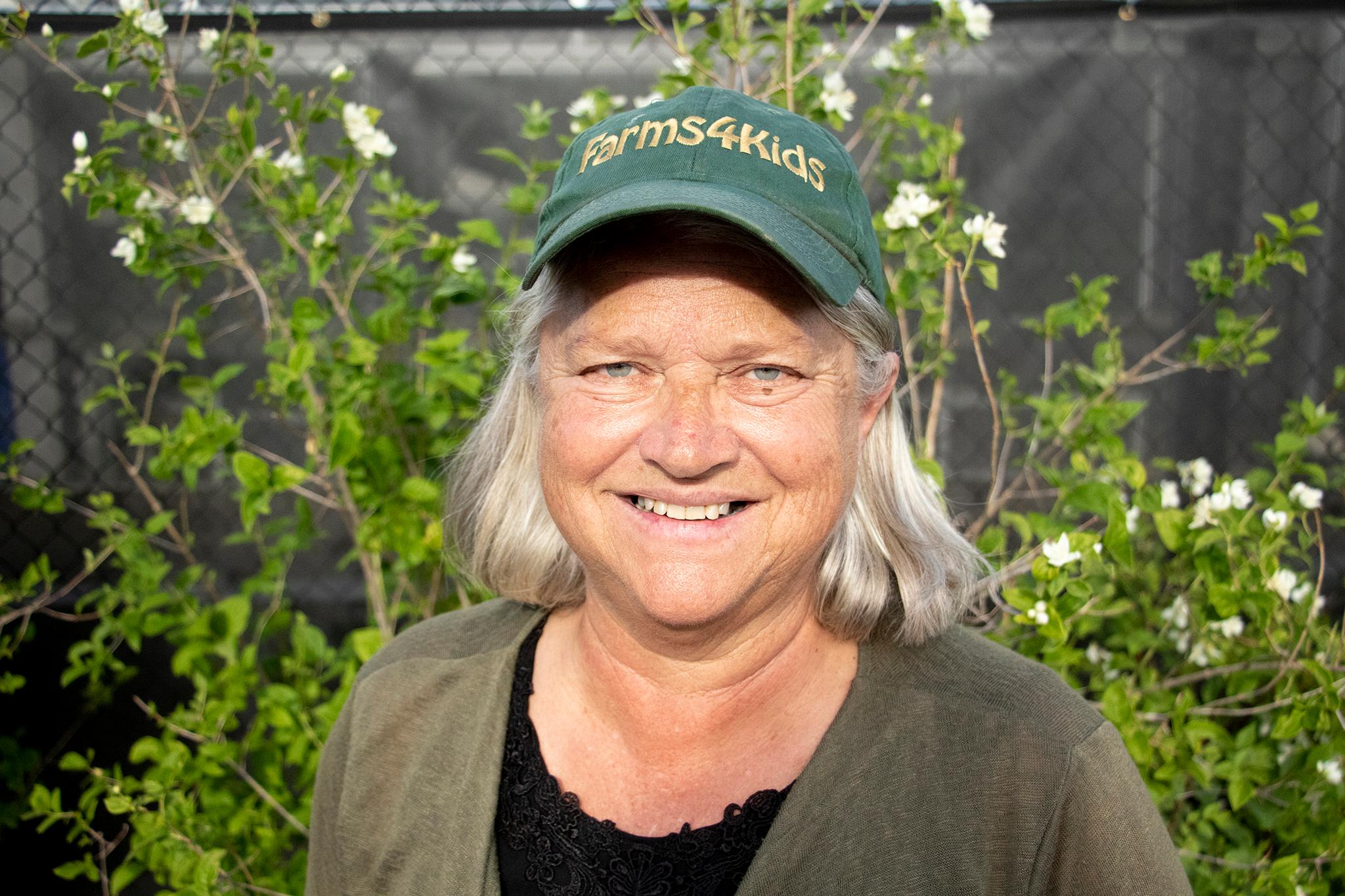
Dahlia's Ezell said clinicians sometimes take clients into the gardens to walk and talk.
During a tour of the aquaponics farm she manages, Jenna Smith spoke of a food box client who's husband could only tolerate Dahlia lettuce when he was undergoing chemotherapy. His cancer treatment was successful.
"That feels nice, to at least participate in some level in someone's health," Smith said.
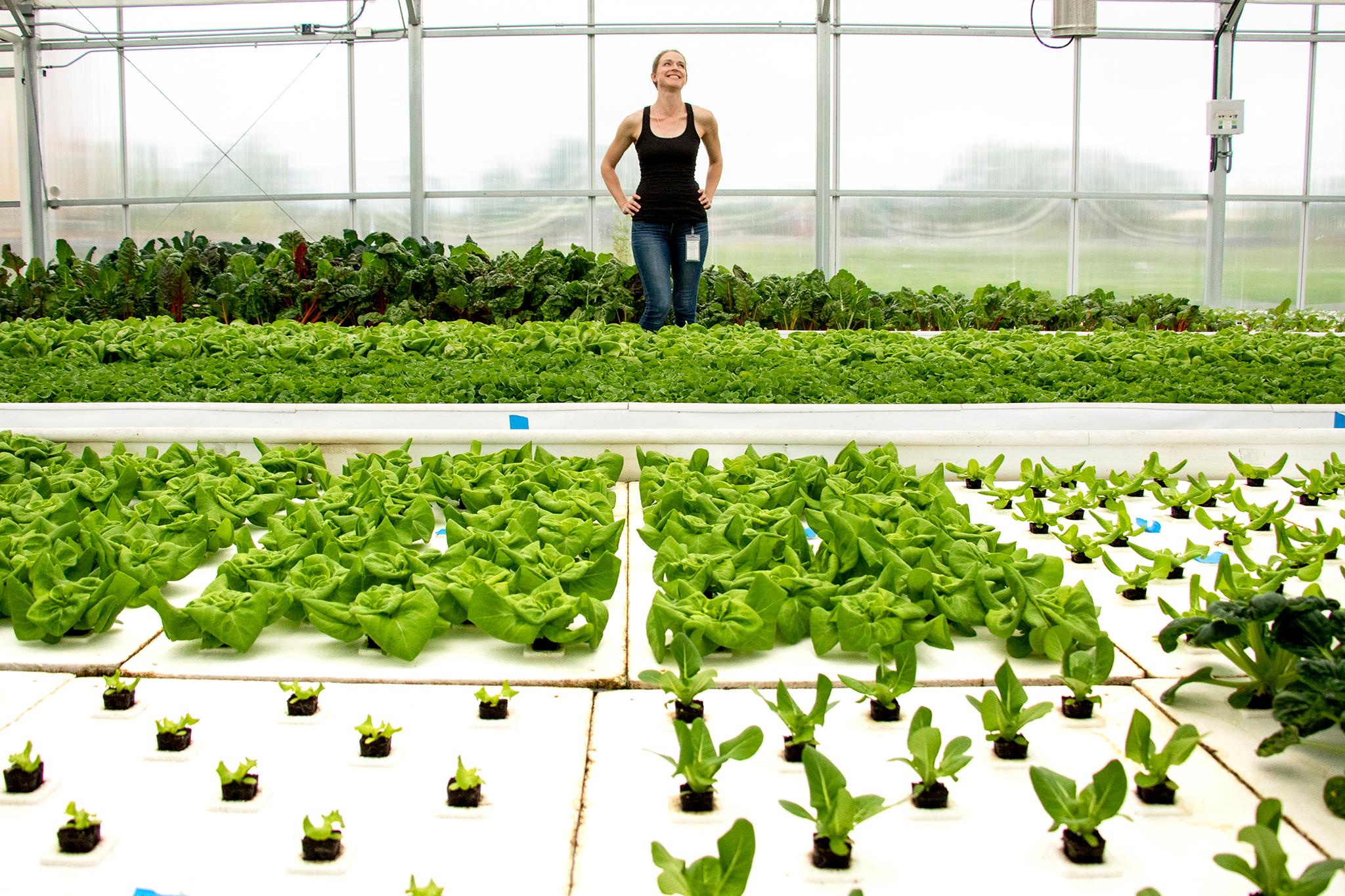
Wednesday's fourth annual fish fry was the first to use fish from Smith's tanks. The problem in the past has been not so much supply as the logistics of getting so much fish ready for one event. Smith got prep help from the Seattle Fish Co. this year. The meal of fried fish, cornbread, greens and salads, which was offered free to the community, was prepared by participants in a Mental Health Center of Denver culinary workforce training program.

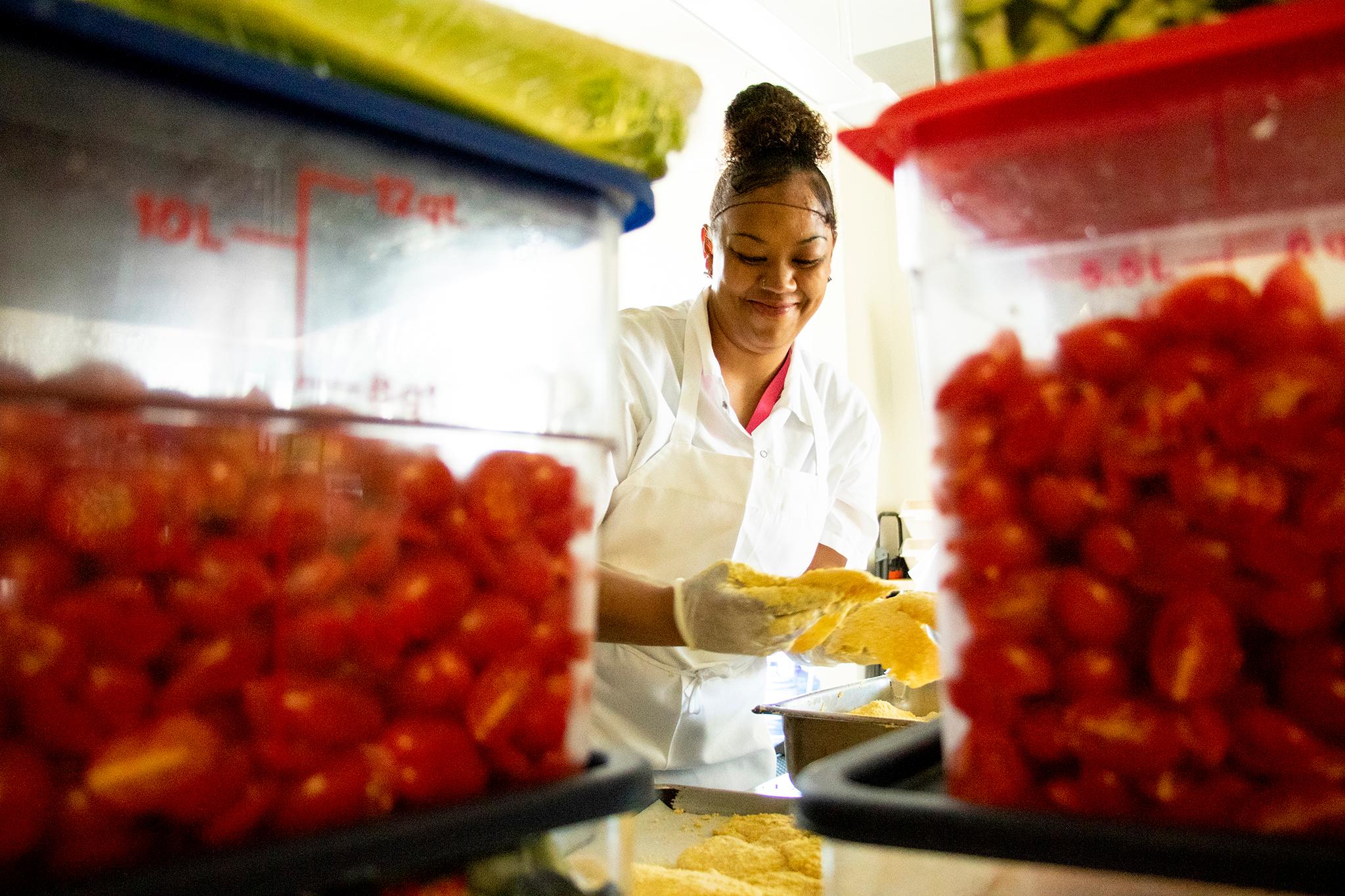
The center's expertise is mental health. It turned to partners like Smith and the KIND and Sewall nonprofits to meet other needs identified by the community.
Its food partners include Grant of Mo' Betta Green MarketPlace.
Grant, who grew up in North Park Hill, has been involved with the Dahlia campus since the beginning. At Wednesday's fish fry she was introducing her neighbors to a new garden she has planted across from Dahlia's main outdoor farm and tucked close to the campus's clinical wing.
Much of Grant's new garden will supply her farmers markets with peppers, asparagus, onions, squash, corn, beans, eggplant, collards, kale and lettuce. She's also planted a pick-it-yourself plot of berries and other treats. Another patch has teas and medicinal plants. And she has created a memorial garden that includes sage.
Grant's son Reese Grant-Cobb was 17 when he was killed in a stabbing in Denver last summer, months before he was to have started studying bio-medical engineering at the University of Northern Colorado. Grant wore a button with her son's face over her heart as she spoke Wednesday in her garden.
"I'm still here. I have to go on," she said. "I'm just learning how to live forward."
Grant said she treasured her connection with Dahlia. Wednesday, it meant chatting with neighbors gathered for the fish fry, an idea first proposed by residents of an apartment complex for seniors next door to the mental health center.
Children clambered on the climbing frame in the center's playground or met goats and chickens in a small petting zoo and grubs at a composting station. A DJ occasionally paused his sunny '70s soul selections to direct people to events like yoga in the parking lot. The friendly tumult did not keep one man from napping on the grass near the rutabaga plot, emptied paper plate at his side.
Garduno sat at a picnic table with baby Senna and her mother Monica Lopez, who live within stroller distance, and Lopez's friend Soutsos. They found they were like-minded.
"I wish there was one of these in every neighborhood," volunteer gardener Soutsos said of Dahlia.
Garduno nodded, saying: "I wish we had more of this around."
